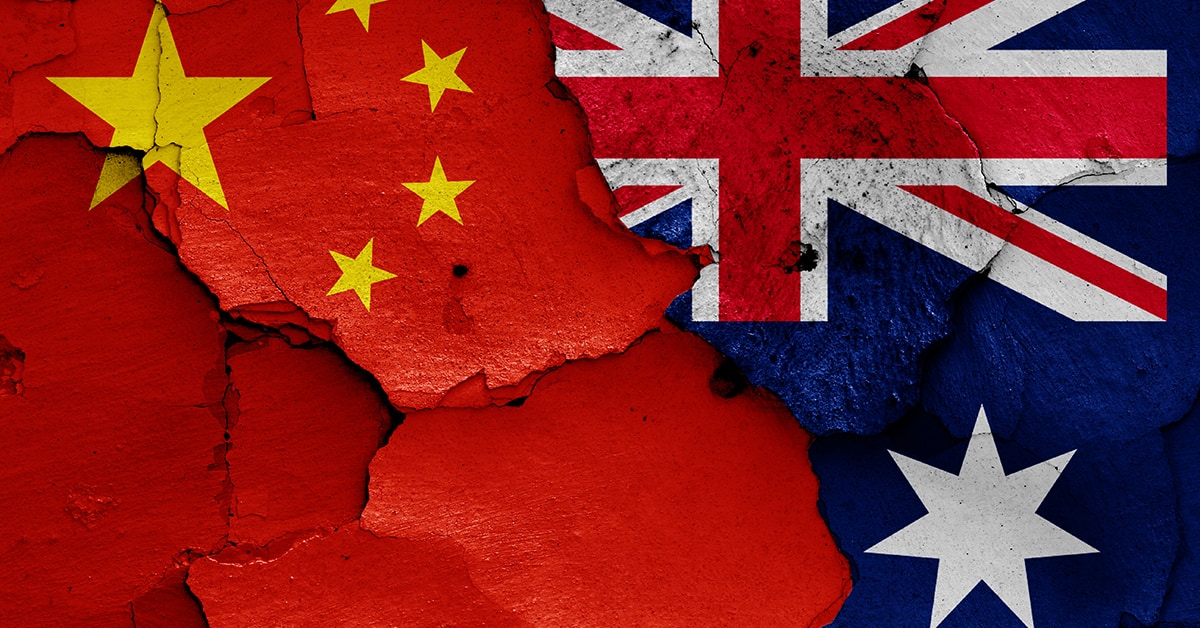For now, Australia’s most vital exports, which include liquid natural gas, iron ore and copper, have not been affected by rising tensions with China.

Australian cotton exports look to become the latest casualty in a deepening trade dispute between Australia and China. Prime Minister Scott Morrison is calling for an international inquiry into the source of the Covid-19 outbreak and China has responded with formal and informal sanctions on Australian exports that could cost the economy in excess of $19 billion a year, according to estimates by Perth USAsia Center, a think tank.
China is Australia’s largest trading partner, accounting for almost three-quarters of its $2 billion-plus in annual cotton exports, but last month, China’s National Development Reform Commission reportedly warned cotton mills against buying Aussie cotton.
The move follows a decision by Beijing to halt imports of coal and ban Australian beef imports from several major abattoirs. China has also imposed hefty tariffs on imports of Australian barley. With the exception of the barley and potential wine duties, the Chinese restrictions have been mostly verbal, lessening Canberra’s, Australia’s capital, ability to bring a case against Beijing under World Trade Organiza-tion regulations. The deepening crisis has hit the Australian dollar and stoked accusations the government may have backed itself into a corner.
Australia’s exporters share some of the blame, having become overly dependent on China, argues Jeffrey Halley, senior market analyst Asia-Pacific at currency dealer OANDA. “I believe China takes 85% of Australia’s wool exports, for example,“ he says. “That is a concentration risk bordering on dereliction of duty.”
China, for its part, and can ill-afford another protracted trade war with a major trading partner; but its actions may be designed to send a warning to other countries, some analysts say.
For now, Australia’s most vital exports, which include liquid natural gas, iron ore and copper, have not been affected. But a troublesome trade dispute could escalate into a full-blown and more damaging trade crisis.



